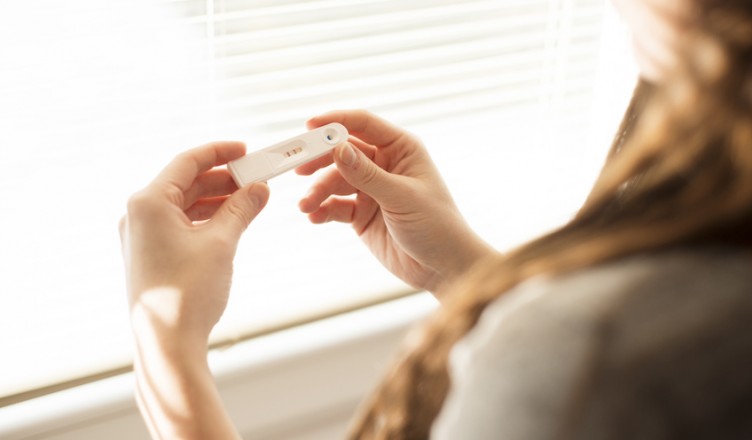FEMALE INFERTILITY
FEMALE INFERTILITY
WHAT TO DO ABOUT IT? When a couple is unable to conceive, they consult a gynaecologist specialized in fertility. This interview will be followed by a series of tests that will identify which partner is infertile and why.
A GROWING NUMBER OF INFERTILE WOMEN
The figures are clear: nearly a third of English women suffer from infertility. A woman is considered infertile after one year of unprotected and contraception-free sexual intercourse. This situation can be explained in several ways. Stress is frequently blamed, yet there are in fact several medical causes for female infertility: inhospitable or ill uterus (endometriosis), tubal obstruction, anovulation… Lifestyle also plays its part. In fact, women are postponing the conception age of a child a little more than before, prioritizing their careers for the most part. They take a contraceptive method, most often hormonal (pill, implant, coil…) for many years before stopping it in the hope of having a child. However, fertility sometimes takes a long time to return, not to mention the decrease in the chances of conceiving as people grow older. A 35-year-old woman has only a 5% chance of getting pregnant each month.
SPECIALISTS AND EXAMINATIONS
Who should I consult if I have difficulties conceiving? A whole multidisciplinary team is available to support the couple: general practitioner, specialized gynaecologist, embryologist, nurse, psychologist, social worker… The first reflex is to consult a general practitioner who can make an initial assessment of the situation and recommend a fertility specialist. To understand the causes of the problem, analyses and tests are carried out in both men and women to find out which of them is insufficiently or not fertile: – Blood test: hormone analysis – Temperature curve monitoring to analyse the ovulation cycle – Huhner test (cervical mucus analysis after intercourse) – Seminogram to study sperm quality – Gynaecological examination with speculum, pelvic examination, Pap test – Pelvic ultrasound and hysterosalpingography. There are fertility tests that can be performed at home. However, their reliability is not always up to the task, and nothing beats the advice of specialists to solve this type of problem.
TREATMENTS AND SOLUTIONS
A healthy lifestyle plays an essential role in female fertility: not smoking, eating in a healthy and balanced way, drinking 1.5l of water every day… Experts say that alcohol also has a negative effect on fertility, coffee would also be on the hot seat. If, despite an irreproachable lifestyle, the couple is unable to conceive a child, it is time to turn to specialists who can help them understand how to increase their fertility and determine the most appropriate treatment. Depending on whether it is primary (woman who has never been pregnant) or secondary (woman who has already been pregnant) infertility, also, depending on the cause of the problem, various solutions exist to deal with a woman’s infertility, such as hormone injections (ovarian stimulation) that may or may not lead to a MAP.
